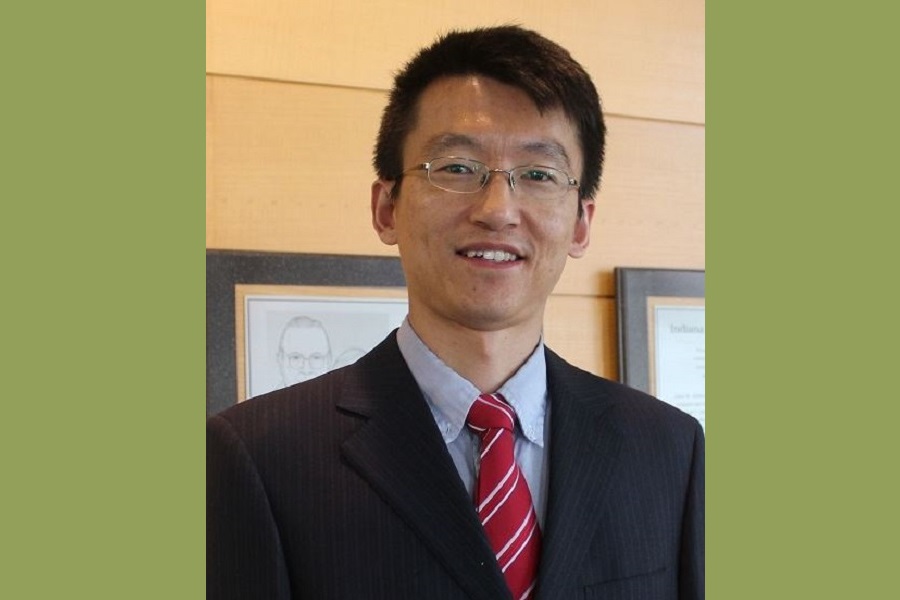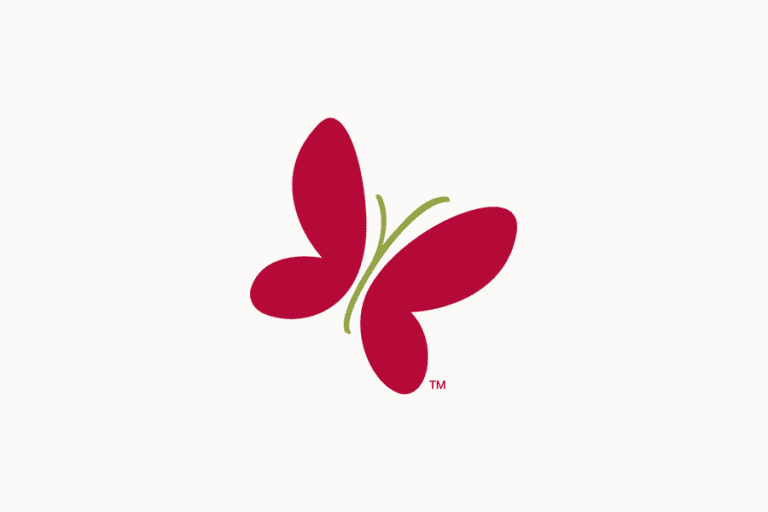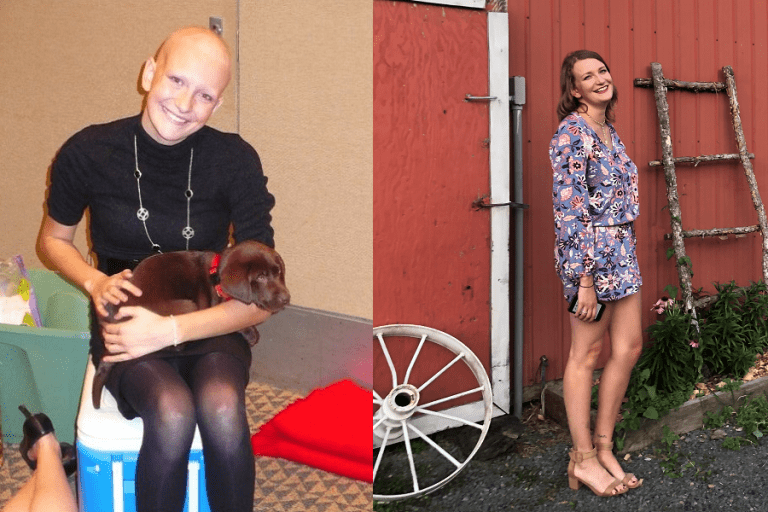Glutamine, an amino acid, is in many of the foods we eat, like eggs, beef and milk. We need it to build proteins that make up our organs, it helps us heal from certain kinds of injuries and it supports immune system functions. However, for patients fighting aggressive B cell lymphoma, it may also feed the fast-growing cancer cells in their bodies.
Ji Zhang, PhD, a researcher at Indiana University and recipient of Children’s Cancer Research Fund’s Emerging Scientist Award, is studying the relationship between aggressive B cell lymphoma and glutamine. Today, kids who are fighting aggressive B cell lymphoma are up against cells that multiply so fast, the best option is equally aggressive chemotherapy treatment. This comes with side effects like a weakened immune system, damage to organs and weeks spent in the hospital.
Zhang’s research so far indicates that these cancer cells need glutamine, and they need it in two different ways: they need to uptake glutamine to support cell growth, and they need to utilize that glutamine to maintain key oncogenic signaling. Zhang thinks if he can find a way to block either of those processes from happening, he can starve the cancer cells of the fuel they need, making them more vulnerable to therapies that can kill them off.
“There are drugs out there right now that are used in lots of different types of cancer, but they’re less effective in B cell lymphoma, because the cells can evolve to bypass these initial therapies,” Zhang said. “I hope my research can increase the understanding of how these cells use glutamine so we can manipulate the cells and make them more sensitive to the drugs we use to treat other cancers effectively.”
Zhang hopes his research will be applicable beyond just his current project – the more researchers know about the relationship between glutamine and these aggressive cancer cells, the more they can help patients find ways to slow the cancer down and fight it.
“A broader implication of my research is that we should also be studying how nutrition can impact these kids,” Zhang said. “If we can provide them with dietary guidelines and eliminate certain nutrients that feed these cells, we can hopefully manage the cancer better throughout the child’s treatment.”
Zhang has been fascinated by cell biology since he was young, and when he moved from China to the United States to pursue a PhD in 2002, he hoped to be able to have his own lab one day. However, for many young researchers, securing grants from government and large foundations is difficult because they don’t have enough published work to demonstrate the potential of their ideas. Grants like the Emerging Scientist Award from CCRF allow them to get started on their research and gather data and results to apply for more funding.
“Researchers earlier in our careers have exciting ideas, which have real promise but can be viewed as risky, because we don’t have publications to support them yet. I want to express my deepest thanks for this gift from CCRF. Having this substantial support at an early stage can make us emerging scientists really strong competitors for bigger grants in the future.”
The Emerging Scientist Award from Children’s Cancer Research Fund is a $100,000 grant designed to develop the independent research of highly qualified individuals still early in their careers. Learn more about how your support advances new research and leads to better treatments for kids battling cancer.
Support Emerging Scientists
By donating to Children’s Cancer Research Fund, you’re giving emerging scientists the support they need to put their great ideas into practice.




